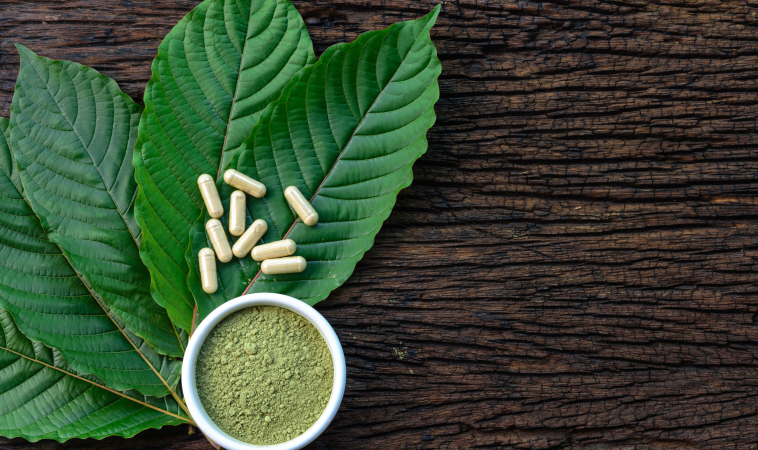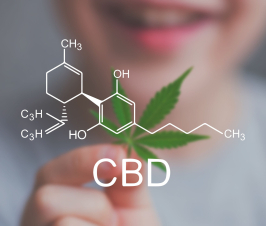A recent report was published regarding the exposures of kratom reported to poison control centers (PCCs) in the United States between the years of 2011 and 2017. The report was published in the journal, Clinical Toxicology.
Exposures to kratom reported to poison control centers (PCCs)
Kratom, or Mitragyna speciosa, is a plant that grows wild in Southeast Asia and has recently gained popularity in the United States, and other countries as a potential method of managing opioid withdrawal and pain. The lack of regulation on import, sales and use of the botanical has been a topic of recent conversation due to concerns about the safety of its use.
A possible alternative to opioid therapy
It may have begun as a reasonable alternative to opioid therapy, however, the slightly mind-altering effects of kratom has recently put into question its recreational use and misuse and overuse. To date there is a limited amount of research on the herb, and its safety profile cannot be confirmed.
The study in question analyzed exposures to kratom that were reported to PCCs during 2011-2017 in the United States. Information was taken from the National Poison Data System (NPDS).
From 2011 through 2017, 1807 kratom exposures were reported to United States PCCs. Almost two-thirds (65.0%) of these exposures occurred during 2016–2017. Most exposures occurred among adults ≥20 years (88.9%), males (70.8%), at a residence (86.1%), and were intentional (74.3%). Among first-ranked kratom exposures, 31.8% resulted in admission to a health care facility (HCF) and 51.9% in a serious medical outcome. Multiple-substance exposures were associated with greater odds of admission to a HCF (OR: 2.80; 95% CI: 2.21–3.55) and a serious medical outcome (OR: 2.25; 95% CI: 1.77–2.85) compared with single-substance exposures. There were 11 deaths associated with kratom exposure, including two that occurred after exposure to kratom only. Among kratom-only exposures, 86.1% resulted in one or more clinical effects. The most common clinical effects were agitation/irritability (22.9%) and tachycardia (21.4%). There were seven neonatal exposures, including five experiencing withdrawal.
The conclusion of the report is as follows:
Kratom is associated with a variety of serious medical outcomes, especially when used with other substances. More research is needed to define the human response to kratom. Increased regulation of kratom products would help guarantee product quality and safety. Individuals who choose to use kratom should be educated about its potential risks, including the dangers of using it in combination with other substances.
Kratom Side Effects and Symptoms of Toxicity
The effects of kratom are felt fairly quickly, within 5-10 minutes, and may last as long as five hours. According to the Drug Enforcement Administration, short-term side effects of kratom use could include the following list of symptoms:
- Nausea
- Itching
- Sweating
- Dry mouth
- Constipation
- Diarrhea
- Increased urination
- Loss of appetite
- Feelings of agitation, irritability, or uneasiness
- Drowsiness
- Heart arrhythmias
- Loss of muscle coordination
- Hallucinations
- Seizures
- Liver damage
Studies from Thailand and Malaysia on regular kratom users have found a handful of longer-term side effects from prolonged kratom use.
Long-term effects of kratom use could include the following:
- Weight loss
- Insomnia (difficulty falling asleep or difficulty staying asleep)
- Dark spots (hyperpigmentation) on the skin, especially on the cheeks
- Fatigue
- Tremors or shaking
- Seizures
- Psychosis
 Razi Berry is the founder and publisher of the journal Naturopathic Doctor News & Review that has been in print since 2005 and the premier consumer-faced website of naturopathic medicine, NaturalPath. She is the host of The Natural Cancer Prevention Summit and The Heart Revolution-Heal, Empower and Follow Your Heart, and the popular 10 week Sugar Free Summer program. From a near death experience as a young girl that healed her failing heart, to later overcoming infertility and Chronic Fatigue Syndrome and Fibromyalgia through naturopathic medicine, Razi has lived the mind/body healing paradigm. Her projects uniquely capture the tradition and philosophy of naturopathy: The healing power of nature, the vital life force in every living thing and the undeniable role that science and mind/body medicine have in creating health and overcoming dis-ease. Follow Razi on Facebook at Razi Berry and join us at Love is Medicine to explore the convergence of love and health.
Razi Berry is the founder and publisher of the journal Naturopathic Doctor News & Review that has been in print since 2005 and the premier consumer-faced website of naturopathic medicine, NaturalPath. She is the host of The Natural Cancer Prevention Summit and The Heart Revolution-Heal, Empower and Follow Your Heart, and the popular 10 week Sugar Free Summer program. From a near death experience as a young girl that healed her failing heart, to later overcoming infertility and Chronic Fatigue Syndrome and Fibromyalgia through naturopathic medicine, Razi has lived the mind/body healing paradigm. Her projects uniquely capture the tradition and philosophy of naturopathy: The healing power of nature, the vital life force in every living thing and the undeniable role that science and mind/body medicine have in creating health and overcoming dis-ease. Follow Razi on Facebook at Razi Berry and join us at Love is Medicine to explore the convergence of love and health.

















